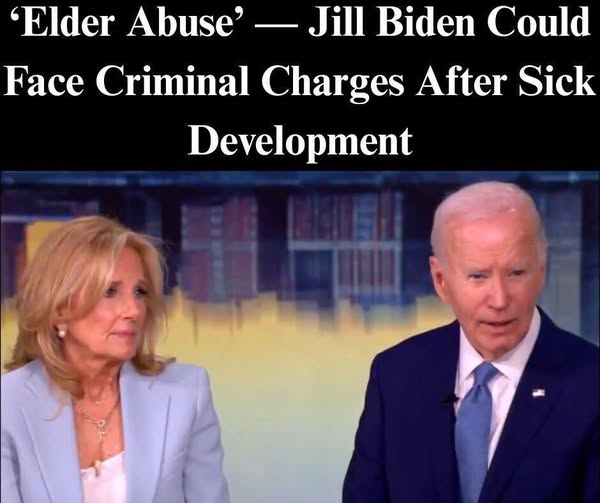
Concerns Mount Over Timing of President Biden’s Prostate Cancer Diagnosis
A recent medical update from President Joe Biden’s team has ignited intense discussion within both medical and legal circles, following the revelation that the 46th President is facing an aggressive form of prostate cancer.
Advanced Diagnosis Raises Eyebrows
On Sunday, officials confirmed that Biden has been diagnosed with prostate cancer that has unfortunately spread to his bones. Classified as “hormone-sensitive,” this advanced cancer still holds hope for effective treatment, but the timing of its detection has surprised many experts.
Medical Experts Question Late Detection
Prostate cancer is typically one of the more detectable cancers at early stages, often identified through routine screenings like the PSA (Prostate-Specific Antigen) blood test. Yet, in Biden’s case, the disease was only discovered after symptoms emerged — a fact that has left several healthcare professionals puzzled.
Dr. Howie Forman, a professor at Yale University, highlighted that cancers at this stage usually develop over a long period and should ideally be caught earlier through regular exams. Similarly, renowned medical analyst Dr. Marc Siegel emphasized that “with access to top-tier medical care, earlier detection would generally be expected,” especially since urinary symptoms often point to advanced disease.
Scrutiny on Medical Oversight and Transparency
Adding fuel to the debate, critics have noted a lack of detailed public records on Biden’s routine prostate health screenings — a transparency gap when compared to previous presidents who released comprehensive medical histories.
This absence of clear information has sparked speculation about whether critical signs were overlooked or deliberately withheld, though no evidence of misconduct has surfaced. The President’s medical team maintains they are closely monitoring his treatment options.
Broader Implications: Ethics and Public Trust
Beyond the medical facts, the diagnosis has reignited conversations about transparency in government, the responsibilities of caregivers, and the ethical considerations involved in managing the health of high-profile public figures.
Some legal experts caution that missing or ignoring early warning signs could raise serious ethical questions, especially given the importance of full disclosure for a sitting president.
Despite the swirling speculation, no formal investigations are underway, with the nation’s focus now firmly fixed on President Biden’s health journey and recovery.